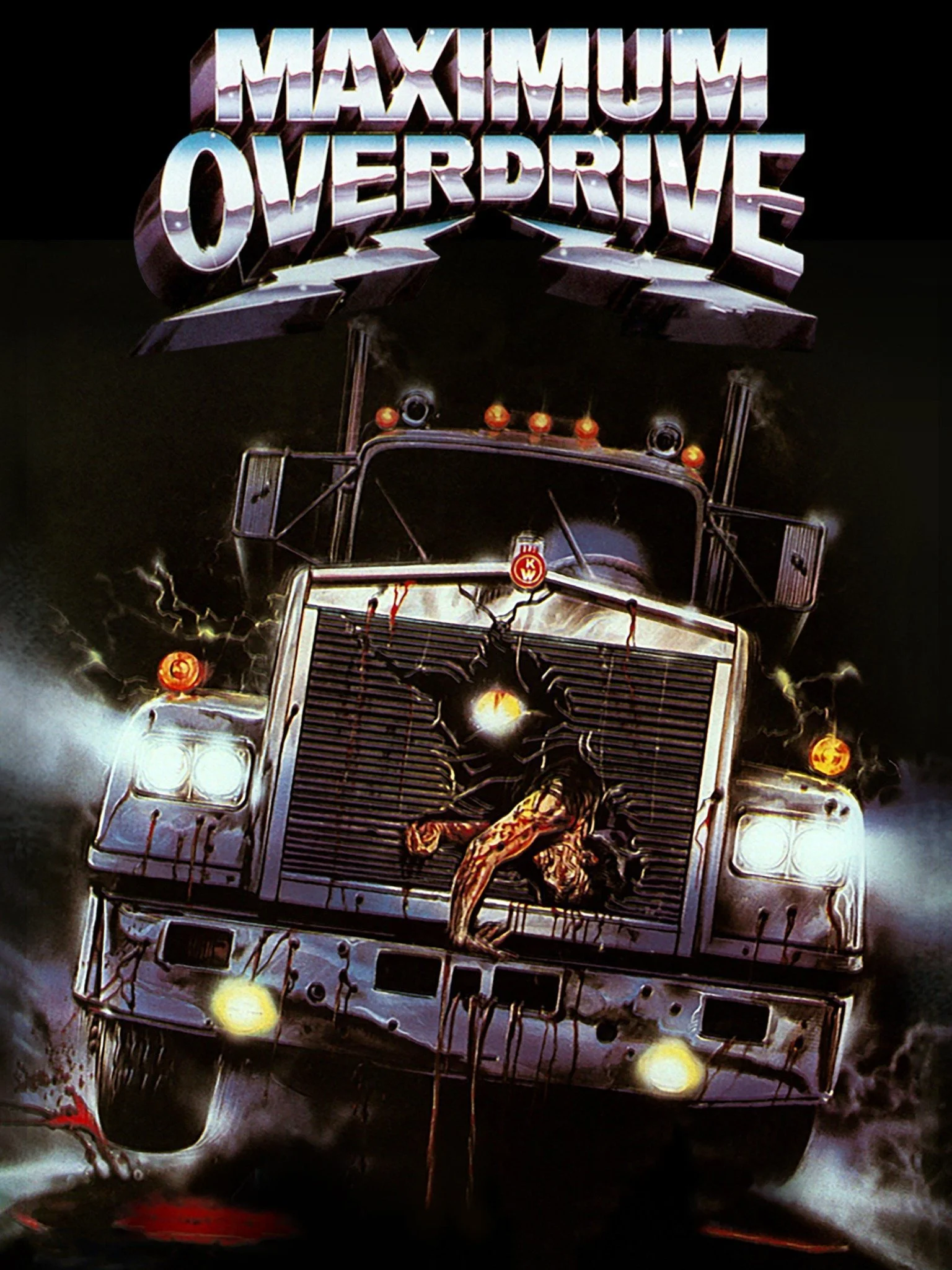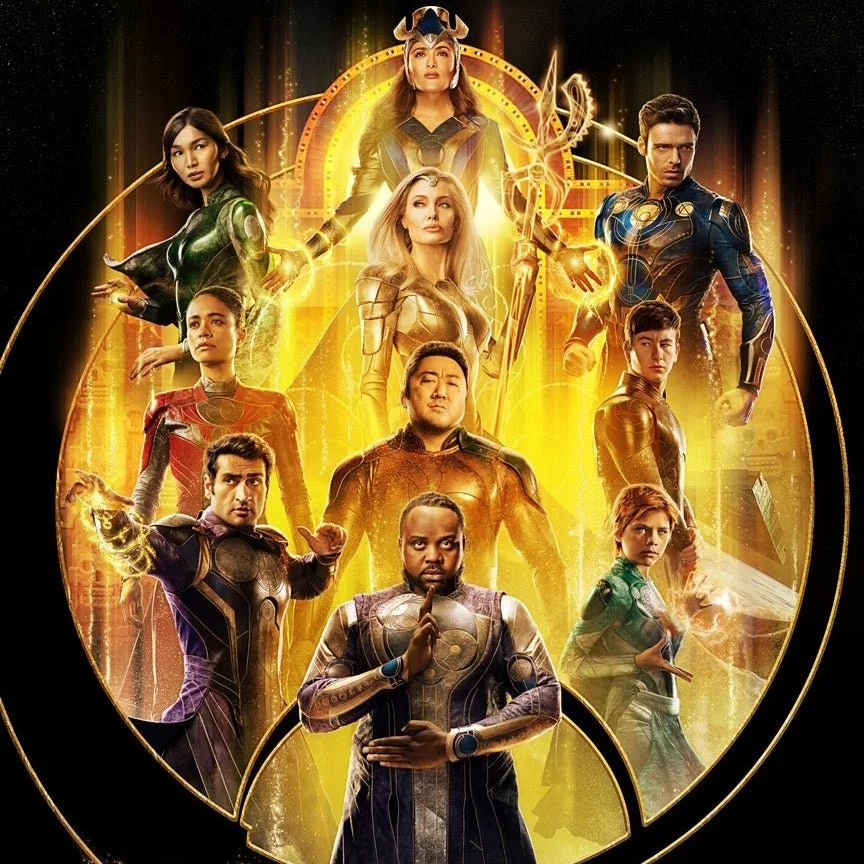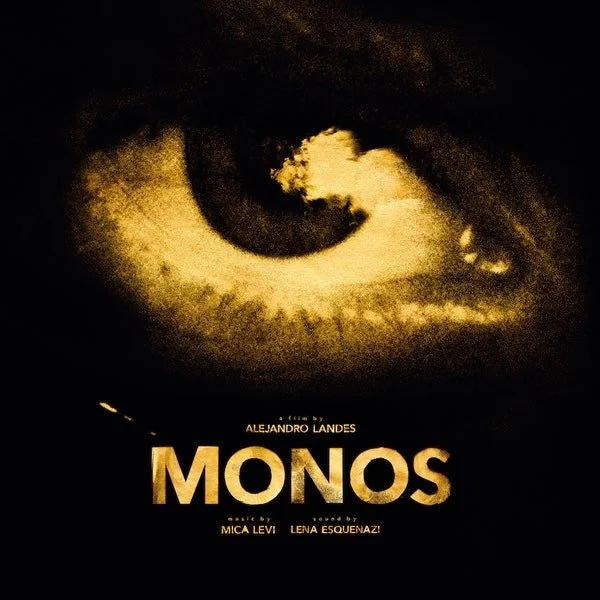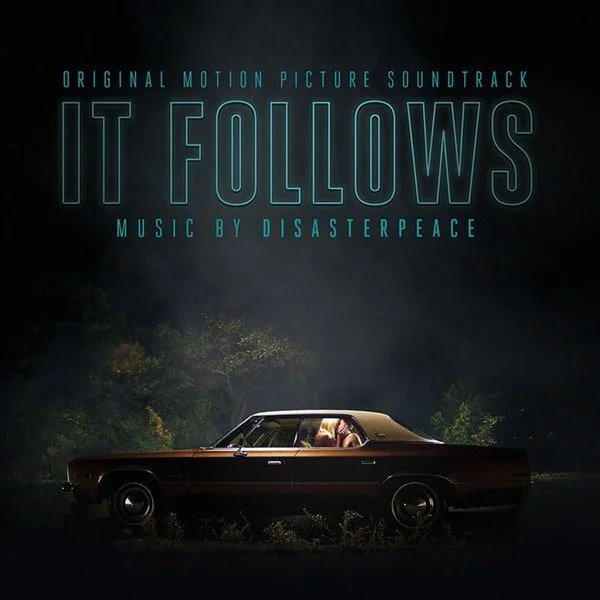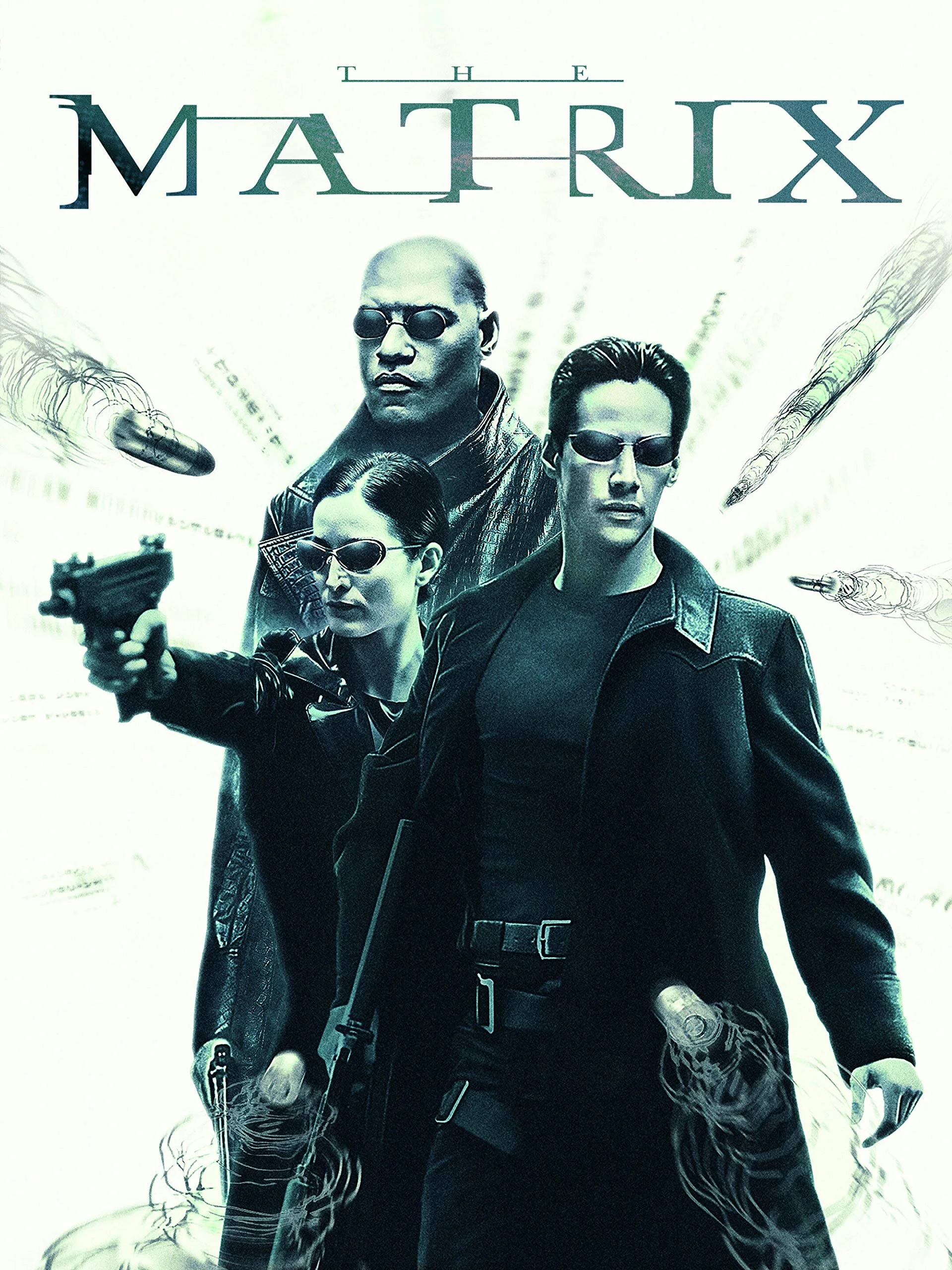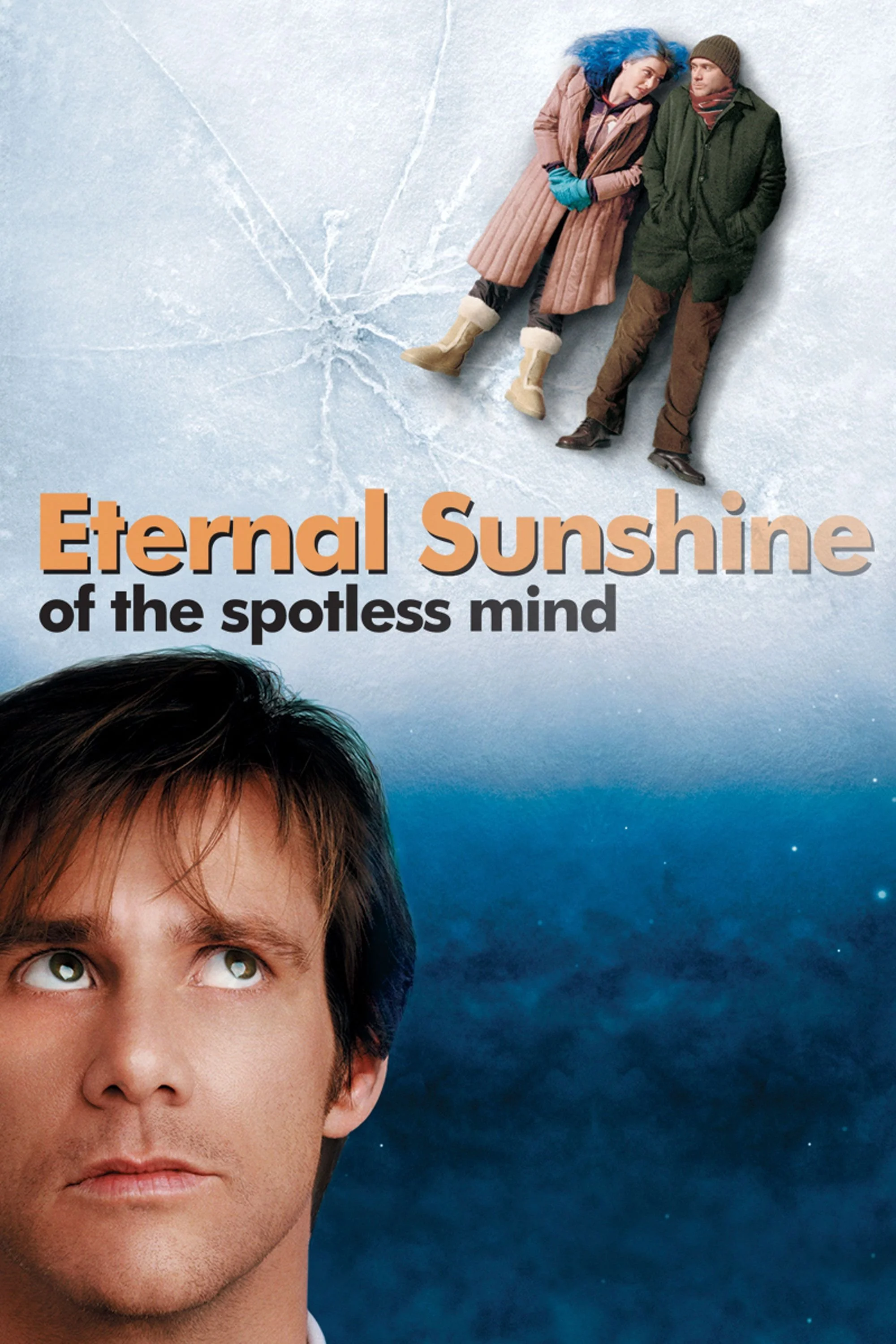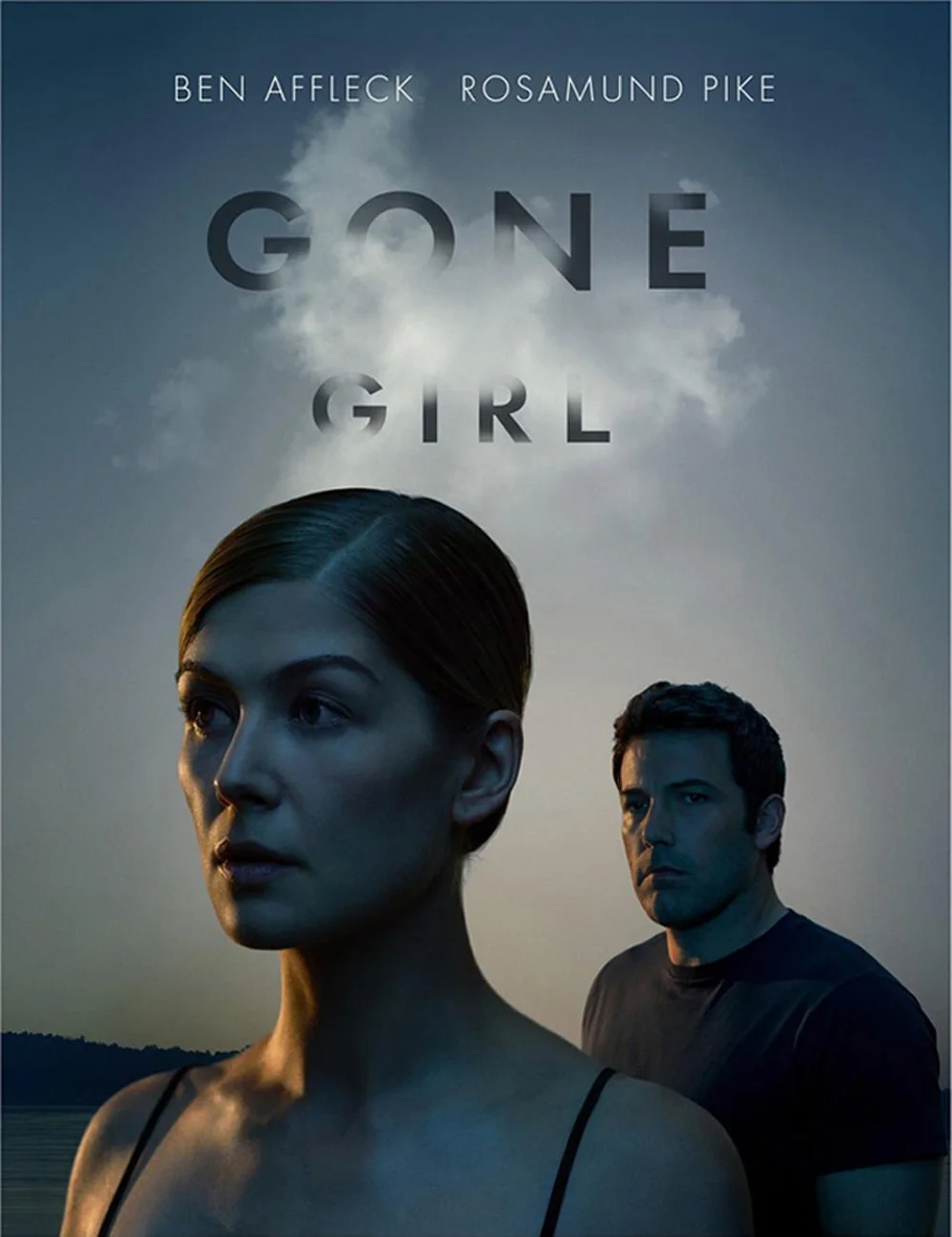Thankful
If you couldn’t already tell, we at Movie Club ATX love movies. They provide us with pleasure, relief, catharsis, culture, education, and a host of life lessons. Films have provided so much for us throughout our lives that we’d like to dedicate some space to give thanks to our cinematic benefactors. But first, we also thank you, the reader. Thank you for being a part of our fun foray into content creation. Thank you for checking out our Staff Picks and reading our Clips. Thank you for supporting us, because if you’re reading this you most likely know us in real life. In general - thank you! We enjoy spreading our love of movies as much as we enjoy watching them. Now, without further ado, here is our offering of thanks to the Movie Gods:
Chris is thankful for … Intro Text
You know that embarrassing feeling of telling someone a funny story and getting deep into it, then realizing as you notice their stare of utter confusion that you forgot to mention key details that would have made your story so much funnier? And then you have to acknowledge it in a clumsy way, like “oh I should have said before, the guy has no thumbs.” You visually check on the other person to see if they’re able to piece together your screwed up story and of course they can’t, but they give you that patronizing response of “Oh, I can see how that would’ve been funny.” If only there was a way to ensure that all necessary context would be available for your friend before you told your story, perhaps through a pamphlet or something similar.
That’s why I am so thankful for opening text screens in movies! I absolutely love a big wall of text teaching me the lore of the universe. It basically tells me “we have so much nonsense in this movie that you need to take an intro class to comprehend it.” You’re probably most familiar with the intro text in Star Wars, but many other films have used this tried and true “Tell, Don’t Show” technique. For example, the cocaine-fueled machines vs. humans classic, 1986’s Maximum Overdrive. We have an example in our very own Movie Club - 1984’s The Adventures of Buckaroo Banzai Across the 8th Dimension. One of the most recent films to use the intro text mechanism is Marvel’s Eternals, the most critically denounced Marvel entry. In each and every case, intro text lets the audience know that we’re about to watch something so overly serious that it becomes dumb fun. Thanks intro text!
Dylan is thankful for … Abrasive Scores
A good film score fills the space of a film and sets the tone. We all remember the John Williams scores of Raiders of the Lost Ark and Star Wars and a trillion others. Then Hans Zimmer came along and gave us the BWAAAA of Inception which has been stolen another trillion times. I could go on and on about other brilliant composers (Deplat, Giacchono, Jóhannsson) but today I want to give thanks for people who make insane, discordant, almost unpleasant scores to accompany their films.
The gold standard is Mica Levi, who composed the scores for Under the Skin, Jackie, and Monos. Their previous work as Micachu and the Shapes set the stage for their transition to cinema’s screechiest composer. Jackie remains one of our finest scores of the 21st century and its atonal atmosphere acts as the perfect foil against the pristine and crumbling Camelot. Disasterpeace’s score for It Follows is paranoia perfection, an uncomfortable score for a movie about the horrors of discomfort. And finally, while Johnny Greenwood has definitely moved to a more austere mode, his masterpiece of a score for There Will Be Blood set the tone for a new type of score and is the gold standard for scores that make you go “wait this sucks, no wait it rules”.
Jesse is thankful for … Animals That Are Clearly Not Acting
Let’s face it, some animals act. They understand they’re on set, hit all their marks when the lights come on, and perhaps enjoy a cigarette in their trailer after a long day. Dog from The Artist, actor. Flipper, actor. Airbud, fantastic actor. But not all animals are brought up to shine on the silver screen and nevertheless find their way up there. This is my shoutout to those creatures of comfort, because they’re just up there being animals and it never fails to bring a smile to my face.
For example, the cat from Inside Llewyn Davis is not an actor. That cat has no idea what’s going on. This makes me happy because, extras or marquee toppers, people are for the most part always acting in movies. Animals represent surreal intrusions from the real world. They’re sometimes tasked with their roles, sometimes randomly fluttering in and out of frame, always a passing glint of the 4th wall living their own lives as the humans surrounding them try to create simulated worlds by which they can tell stories to each other. There may be ILD YouTube cat explainers and Reddit threads that get to the heart of cat symbolism, but in the movie that cat’s simply enjoying being lugged around by Oscar Isaac just as the rest of us would.
The magic of movies can be achieved when the viewer is fully immersed within a scene, transported to a world unlike their own yet strikingly familiar. Until a squirrel runs through the background, clearly busy with the responsibilities of their own reality, trespassing within a created environment of which it’s not a part. For whatever reason this has always made movies feel more real to me, something both separate from and part of this imagined sense of place. While an animal may truly never act, the wayward seagull or sunbathing lizard offer films a connection that transcends suspension of belief. It’s a treat, and we all deserve it.
Stephanie is thankful for … Manipulative Perspectives
Movies transport their audience to different times and places and put us viewers into situations that we might not get to experience in our lifetimes. This is the magic of cinema, and it is the art of the filmmaker to ultimately make the audience believe whatever the movie is trying to express. As someone who loves to fall completely into a story, nothing is more delightful than to realize I’ve been had! There is no rollercoaster quite like so firmly believing something only to realize I was wrong the whole time and manipulated by the perception of the storyteller.
Take, for example, movies like The Matrix, Vanilla Sky, or The Eternal Sunshine of the Spotless Mind. We experience the perspective of the protagonist, someone who knows and understands the world...or so we think! In due time, often as the world becomes more and more bizarre, we come to find that the reality we believed to be true is in fact only a part of the full story. Of course, the lucid dream deux ex machina explains everything!
Aside from intentionally withholding information, filmmakers can manipulate audience perspectives by providing too much information. By employing the Rashomon effect, movies such as Hero, Reservoir Dogs, and Gone Girl tell one story from many different, and often conflicting, perspectives and usually from an unreliable narrator. By releasing information at a measured pace, we continue to second guess the “hero” and thus ourselves.
At the end of these films, we’re often left questioning reality. Have my memories been manipulated, or do I only see one side of the picture? Do we accept what we know and continue life blissfully unaware, or do we take the Matrix red pill and free our minds?
Kirk is thankful for … Lip Sync Sequences
In honor of the recently deceased Dean Stockwell, I’d like to give thanks to the gayest and draggiest of sequences that can happen in a movie: the lip sync sequence. No, I’m not talking about musicals… I’m talking about a full-on lip sync performance by an actor for no other reason than it’s vibey and it’s weird. From the aforementioned Stockwell’s take on Roy Orbison in Blue Velvet to Toni Collette doing ABBA in Muriel’s Wedding, lip sync sequences are an easy, effective and usually pretty memorable way to capture the tone and feeling in a movie. It’s even better when it’s accompanied with a dance! I’m looking at you, Tom Cruise in Risky Business. Plus, the only thing I love more than movies is music. When the two combine effectively, it’s perfection.


